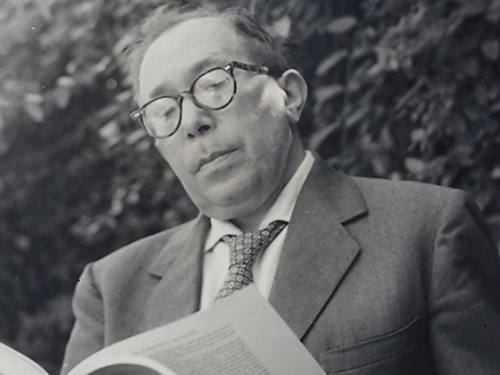The Return of the Quarantined Almanack
It can't be eradicated
Adapting the modern publick health philosophies of New Zealand Prime Minister Jacinda Ardern, the editorial oversight committee at Poor David’s Almanack believed it could halt the viral spread of reckless notions by enforcing a strict quarantine. Like PM Ardern’s quixotic quest, the scheme failed, but failed to spectacular fame. She now tours Harvard as the coronarama roils across her land; the Almanack has proven unstoppable with a will of its own, as its overseers collect social accolades in the finer salons.
The Almanack emerges stronger and healthier than ever. After publication of several pieces on temperance and outrage, we are not surprised that all social intercourse is now subject to the unpleasant eruptions of inflamed opinion. This week, it is the decision-rendering of our Supreme Court, erasing with alarming speed a prior outburst concerning firearms, which had itself superseded a superheated conversation about the nature of gender. Before gender reorganization, it was something else, now lost to short memory. Maybe having to do with masks. Next week, we shall be summoned to the barricades to defeat another to-be-determined injustice.
What shall we make of these now constant, often vituperative, and highly uninformed intrusions into our daily lives? Having stepped down multiple times from self-appointed expert positions on homeland security, immunology, and constitutional law, the Almanack has more time for reflection on the nature of debate and dissent. We remain dissatisfied with our options for restoring a modicum of decency to our short social lives.
Some people advocate, for improved health, turning off and tuning out all information sources, including Goggle. Remove social media from the diet. Do not entertain topical conversation at the picnic table. Others suggest a regimen of balanced consumption, informing yourself of all sides of the matter at hand. These courses have demonstrable merit, but our experience is that both carry negative side effects. The abstinence plan renders one culturally illiterate, and the balanced consumption plan requires extraordinarily judicious and time-consuming effort.
We recently lurched into an entirely rewarding Third Way, courtesy of an acclaimed but often forgotten professor in Chicago. Born and educated in Germany, Leo Strauss spent much of his life teaching political philosophy and writing at the University of Chicago. Strauss’ written testament is profuse and well beyond the range of a muddling blog post. But the Straussian idea that got our attention was this:
According to Strauss, an interpretation of a given text must begin “from an exact consideration of the explicit statements of an author.” However, “The context in which a statement occurs…must be perfectly understood before an interpretation of the statement can reasonably claim to be adequate or even correct.”
These statements appear in a 1952 Strauss anthology called “Persecution and the Art of Writing.” And the notion that one must fully understand the views of another before registering comment or critique strikes us as a practical – and admirable – antidote to our reflexive opinionating and modern bitterness.
Understanding perfectly what someone else is saying implies not only careful assessment of the words, but a complete understanding of how the person views himself. The latter quest leads inexorably to deeper exploration of a person’s experiences, values, and filters. It’s quite difficult to count one as an adversary having taken such a path.
Nobody I know does this better than my friend Paul Paese. Whether Paul’s instincts derive from or led to his tenure as a Professor of Psychology ( and now a leadership consultant ) in Saint Louis I cannot say, but watching his adept and congenial probing is a wonder to behold. Paul consistently seeks to understand a person’s headspace – look at us with the pop culture vocabulary! – in its totality, while suspending assessment. It’s a winning proposition and at least one reason so many people trust him. If this fellow interests you, you can find him at www.pmcleadership.com.
The larger point, though, is how taking a non-evaluative approach to these burning social conversations can help take the temperature down to 98.6F. Understanding how other people see the world, and their contribution to it, makes a discussion much more friendly and we often find the warmth of amity that might never have been discovered.
We can also enjoy the potato salad.




Well said, my friend.
Another winner, Dave. Sumptuously reasoned and rendered. You surely are a Headspace Helmsman